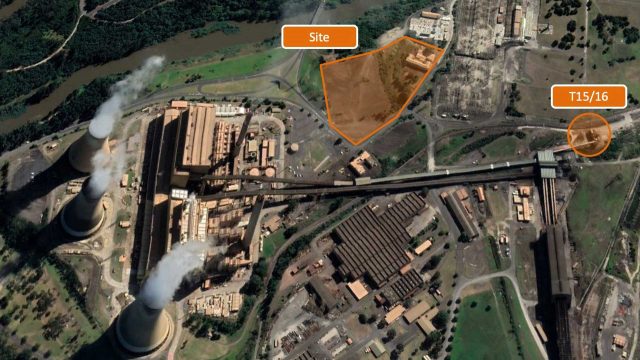Michelle Slater
A Melbourne-based company has secured a site to build a net zero hydrogen refinery at Yallourn to create low emissions hydrogen and agricultural char from lignite.
Environmental Clean Technologies has purchased four hectares on Yallourn Drive on the site of the former Powerhouse Hotel, which would be converted into offices, laboratories and training areas.
The $230 million plant would be the largest agricultural char producer in the southern hemisphere, and once built would go straight to full commercialisation.
The company has also entered into a five-year agreement with EnergyAustralia to supply coal to the project.
ECT managing director Glenn Fozard said the process would produce high value, net zero products from lignite, without the need for carbon capture and storage.
“This could be the next Sir John Monash moment for Victoria. We are convinced we can re-monetise lignite. We have an abundant source of this valuable chemistry sitting in our backyard,” Mr Fozard said.
“If we want to make the Latrobe Valley the Silicon Valley of hydrogen, then we have to take advantage of this and extract it without emissions.”
ECT had begun pre-feasibility studies in 2017 and had been operating a demonstration plant with success in Bacchus Marsh.
Mr Fozard said they were aiming to secure coal beyond the closure of Yallourn, and did not rule out approaching the other mine operators into the future.
“We are demonstrating to the government that we need access to feed the future uses of lignite. We want this plant to get much bigger,” he said.
Mr Fozard said ECT had been working with a range of partners including Federation University and Carbon Innovation Australia, with training partners to help transition worker skills.
The plant would take about three years to build and would provide 50 ongoing operational jobs, with 300 construction jobs and an additional 500 maintenance and transport jobs.
The company was aiming to start preliminary site work from early next year and would start construction pending regulatory approvals.
The site had already undergone planning approvals for a lignite de-watering and briquette factory in 2013, but the project did not go ahead.











